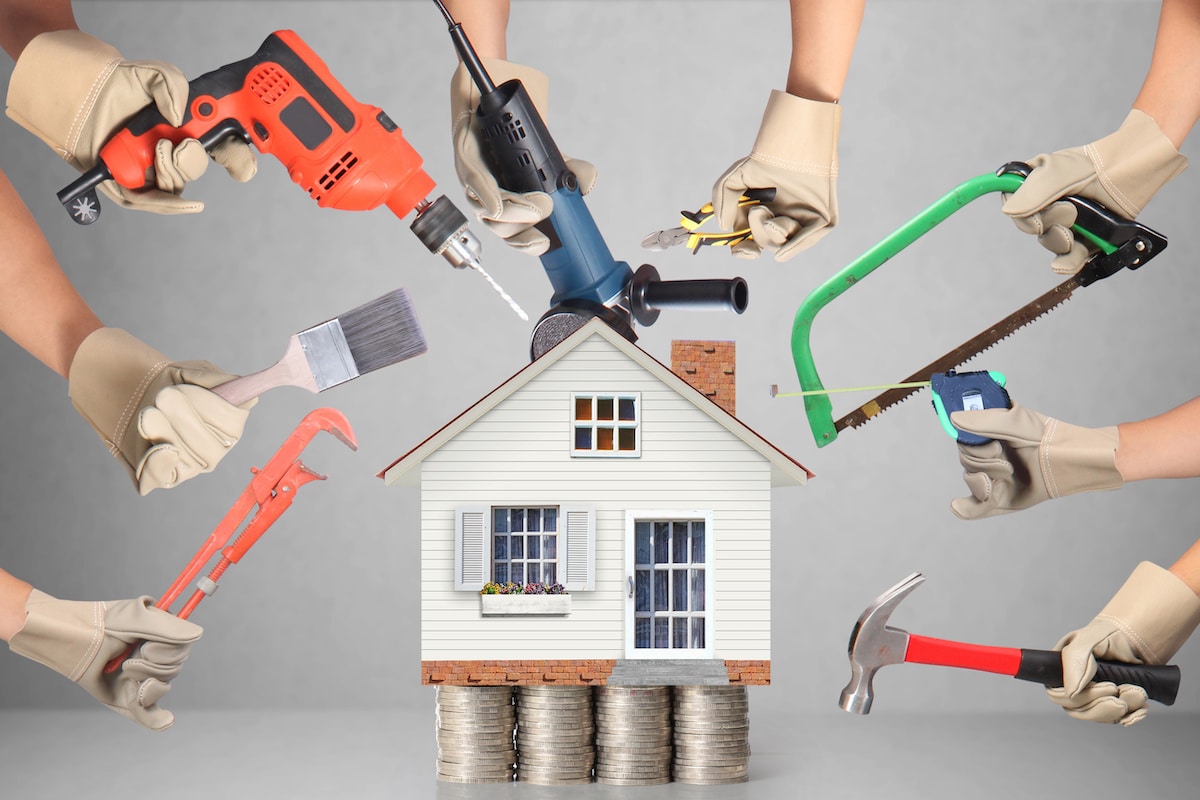
Home Maintenance 101: A Comprehensive Guide for Beginners
Understanding the Importance of Home Maintenance
Maintaining your home is essential for its longevity and your comfort. Neglecting home maintenance can lead to costly repairs and decrease the value of your property. By understanding the importance of home maintenance, you can ensure that your home remains in top condition for years to come.
Identifying Key Areas for Maintenance
When it comes to home maintenance, it’s essential to prioritize certain areas. Start by inspecting your roof for any signs of damage or leaks. Gutters should be cleaned regularly to prevent clogs and water damage. Additionally, check your HVAC system, plumbing, and electrical systems for any issues that may arise.
Developing a Maintenance Schedule
Creating a maintenance schedule can help you stay on top of tasks and prevent them from piling up. Break down tasks into monthly, quarterly, and annual categories. Monthly tasks may include cleaning air filters and inspecting plumbing fixtures. Quarterly tasks may involve cleaning gutters and checking smoke detectors. Annual tasks could include servicing your HVAC system and inspecting your roof.
Investing in Proper Tools and Equipment
Having the right tools and equipment is crucial for effective home maintenance. Invest in a quality toolbox with essential tools such as a hammer, screwdrivers, wrenches, and pliers. Additionally, consider purchasing a ladder for reaching high areas, a pressure washer for cleaning exterior surfaces, and a basic toolkit for minor repairs.
Learning Basic DIY Skills
While some tasks may require professional assistance, many home maintenance tasks can be completed on your own with the right knowledge and skills. Take the time to learn basic DIY skills such as painting, caulking, and repairing minor plumbing or electrical issues. Not only will this save you money, but it will also give you a sense of accomplishment.
Understanding When to Call in the Pros
While DIY skills are valuable, there are certain tasks that are best left to the professionals. Complex electrical or plumbing work, roofing repairs, and structural issues should be handled by licensed professionals to ensure safety and compliance with building codes. Knowing when to call in the pros can save you time, money, and frustration in the long run.
Prioritizing Safety
Safety should always be a top priority when performing home maintenance tasks. Use caution when working at heights, and always use appropriate safety gear such as gloves, goggles, and protective clothing. Turn off power sources before performing electrical work, and use caution when handling tools and equipment.
Keeping Records of Maintenance Tasks
Keeping records of your home maintenance tasks can help you stay organized and ensure that nothing falls through the cracks. Create a maintenance log or spreadsheet to track tasks, dates completed, and any notes or observations. This will make it easier to schedule future tasks and provide documentation for any warranty claims or inspections.
Staying Flexible and Adaptable
While having a maintenance schedule is important, it’s also essential to stay flexible and adaptable. Unexpected issues may arise that require immediate attention,






![Everything You Need to Know Hermes’ [Bag Name] Everything You Need to Know Hermes’ [Bag Name]](https://images.unsplash.com/photo-1507666664345-c49223375e33?fm=jpg&q=60&w=3000&ixlib=rb-4.0.3&ixid=M3wxMjA3fDB8MHxzZWFyY2h8MTN8fGhlcm1lcyUyMHBhcmlzJTIwYmFnfGVufDB8MHwwfHx8Mg%3D%3D)


